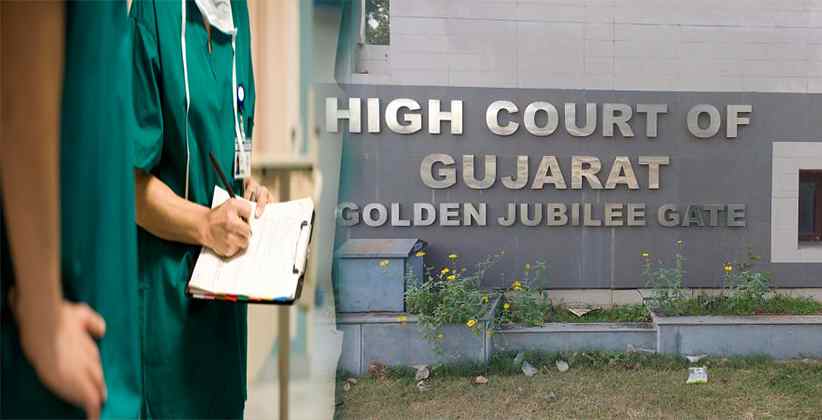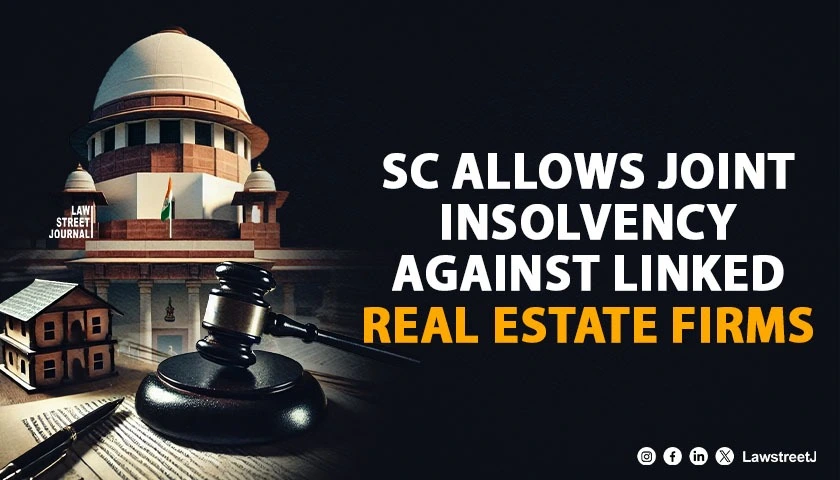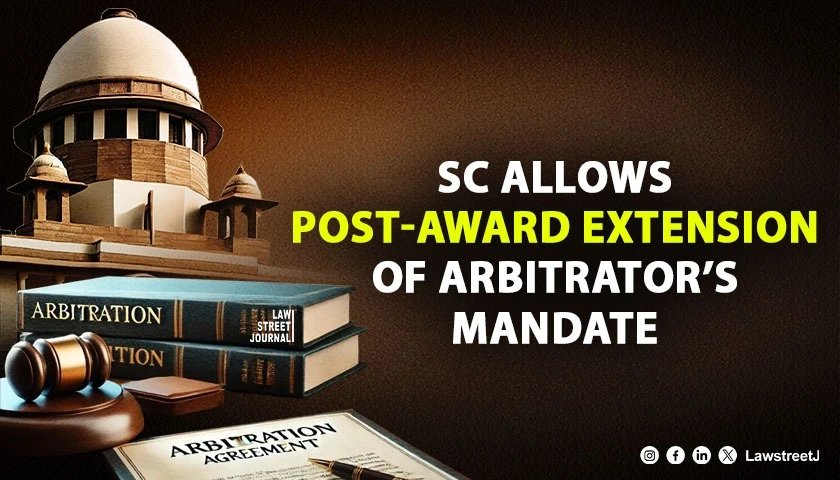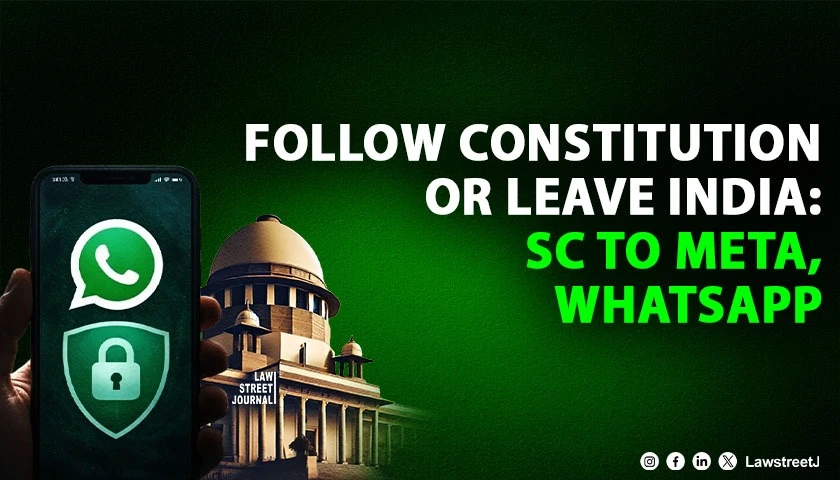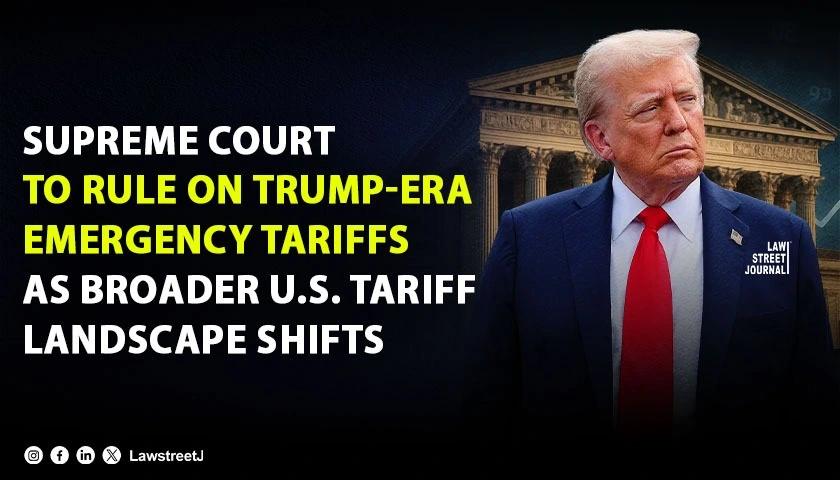In recent times, India has become the 7th worst-hit country by the COVID-19 pandemic in the world. In the country, Gujarat has become one of the most affected regions. It stands in 4th position with more than 17,000 cases. News of community transmission through markets has made it to national headlines multiple times.
With every state preparing their medical facilities for admitting severe cases of infections, it is necessary to involve every medical center, hospital, and institution to fight against the virus. In the medical industry, a significant percentage of facilities are operated by private hands whose motive is to earn profits.
In the present time of crisis, however, it is pertinent for all institutions to come together for public benefit. The High Court of Gujarat took cognizance of this issue and instructed private operators to make sure that financial shortcomings do not become a reason for a person suffering from the infection not to be able to get medical attention.
To this effect, on Friday (May 29,2020), the High Court emphasized upon the need for private institutions to rise to the occasion. It also instructed the State government to keep vigilance on private operators and make sure that people are not being exploited for COVID-19 infection.
The Bench comprising of Chief Justice Vikram Nath and Justice JB Pardiwala said that the primary intention of providing medical assistance is not to make profits at such a point in time. The comments came as clarifications on a previous order in a suo motu case addressing issues of the COVID-19 crisis.
The court on May 14, 2020, instructed the private institutions not to charge exorbitant fees to the patients. In case of violation of the order, the court warned of strict consequences, including cancellation of license. The Ahmedabad Medical Association showed distress citing the fact that fees had already been reduced by 30% and could not be termed exorbitant anyway.
The court clarified its order and stated that if the option of going to Civil and SVP hospitals isnt available to citizens, they should have the option of approaching a different medical facility with a reasonable fee. Moreover, it also stated that the Right to Health is a fundamental right, and it is the states responsibility to make sure this right of the citizens is not being infringed.
Following the order, private hospitals agreed to reduce their fee further by 10% for wards and 5% for isolation, ventilation, and ICU.
The court initially instructed that private hospitals could not charge fees in advance and that the patients Aadhar and PAN card details were to be taken, and the amount would be paid in the future. If it is found from the PAN card that the patient was capable of making payment, the amount should be recovered accordingly. A clarification on this issue was provided by the court, which said that if the patient is referred to the hospital by Civil/SVP Hospitals, then the amount should not be charged. However, if the patient directly approaches the private hospital, they are open to demand a reasonable pre-deposit and raise the demand in phases as the need arises.
The court also cautioned the community and said that no patient should be denied treatment due to financial constraints. In other words, it symbolically talked about how the profession of medicine is associated with humanitarianism. Along with it, it emphasized how the whole medical industry is an active part of the resistance in a crisis like this.
This decision came in the light of private hospitals, pointing out that they have to bear a lot of costs and invest a lot to make sure that the patients get the best treatment. The opposing counsels also mentioned instances of private hospitals that were harassing patients. The court asked them to provide enough proof on record so that strict action can be taken against these institutions.

